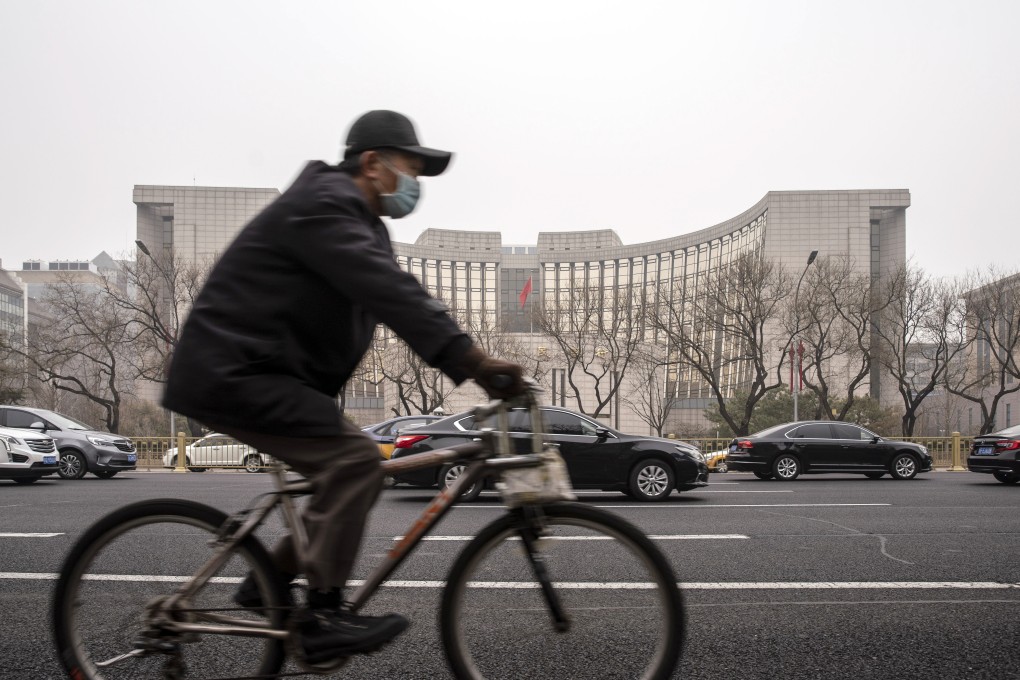China debt defaults prompt authorities to tighten oversight of credit rating agencies
- The People’s Bank of China (PBOC) is increasing supervision of its credit rating agencies in bid to restore faith in its giant onshore debt market
- A series of defaults on bonds issued by top-rated Chinese companies late last year undermined the credibility of the domestic rating industry

Beijing is tightening scrutiny of Chinese bonds with a fresh attempt at cracking down on regulatory arbitrages and ratings shopping, following a wave of defaults that damaged the credibility of domestic rating agencies and shook confidence in the world’s second largest debt market.
In a draft regulation out for public feedback until April 12, the People’s Bank of China (PBOC) and four other financial regulators proposed credit rating agencies set up a quality appraisal system with a default ratio at its centre.
“Rating agencies must gradually lower the proportion of high ratings to a reasonable level, and help form a system with clear differentiation,” the PBOC said in an online circular released on Sunday.
The proportion of AA ratings and above in China’s bond market, which generally represents investment grade in developed countries, was 98.49 per cent for non-financial debt instruments, 85.28 per cent for company bonds and 88.65 per cent for enterprise bonds last year, the National Association of Financial Market Institutional Investors (NAFMII), a central bank affiliate, said in a report earlier this month.
